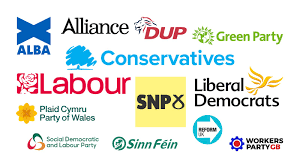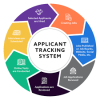Create New Political Parties
Objective & Focus Area
Primary Objective
Stop Negative Outcomes, Co-Create New Realities
Glimpse Into The Future
Desired Outcomes
Access,Awareness,Balance,Change,Choice,Engagement,Equality,Inclusion,Influence,Innovation,Peace of mind
Main Video
Location or Area Impacted
Address
Guildford, Surrey, England, United Kingdom
Next Steps
Help Needed
Publicity, Debate
Other Help Options
Like or Dislike Listing, Review Listing, Share Listing, Offer Help & Support, Invite Others
Next Steps
Join the conversation to reshape UK politics. Discuss the creation of new political parties, the adoption of proportional representation, and the role of technology in governance. Share your ideas, contribute to the debate, and help build a political system that truly represents the diverse needs and aspirations of its citizens. Your voice matters—be part of the change.
Post Review
Login to Write Your ReviewThere are no reviews yet.







